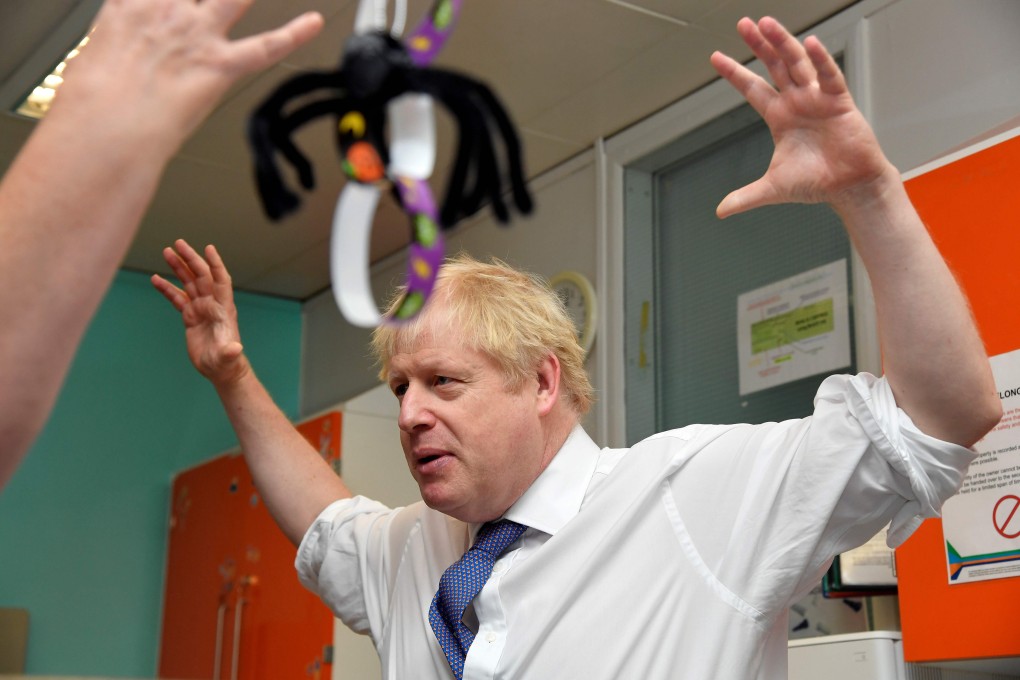UK: will it be a ‘Halloween Brexit’ or ‘Nightmare Before Christmas’ election?
- Prime Minister Boris Johnson steps up pressure for a UK election on December 12
- It comes as the UK looks almost certain to miss the October 31 deadline to leave the European Union

Will a UK “Halloween Brexit” instead become a “Nightmare Before Christmas” election?
Under UK election regulations, that means Parliament would have to go into recess at least 25 working days before polling day to allow for campaigning.
In the political game of chess that Brexit has become, Monday’s vote was to come as the other 27 EU nations decide whether to give the UK another Brexit extension, possibly up until January 31, 2020.
A leaked draft of an EU agreement granting a three-month extension was seen by The Guardian, it reported Monday.
It is easy to draw parallels between the plot of director Tim Burton’s animated 1993 classic Nightmare Before Christmas and the antics of Johnson, who has already spent £100 million (US$128 million) on advertising to prepare the UK for a “no deal” crash out.